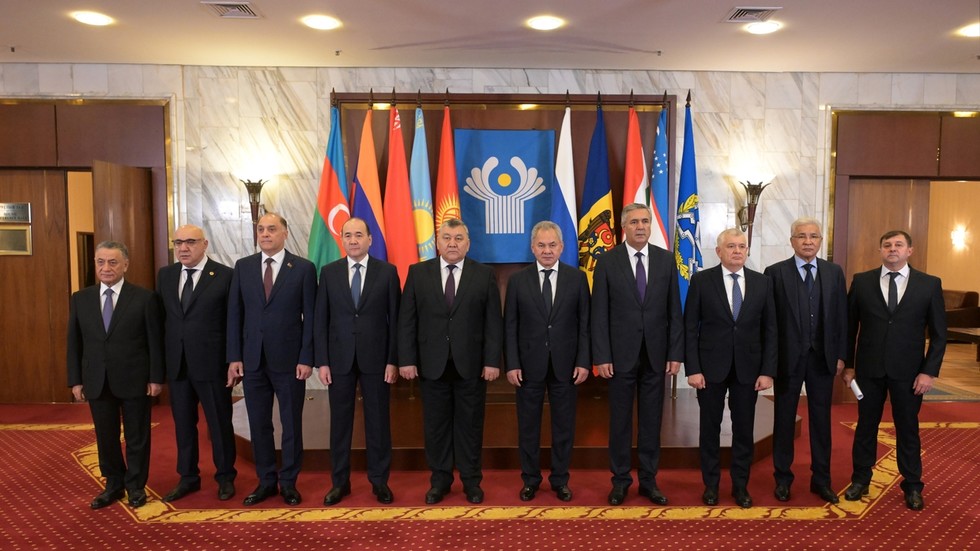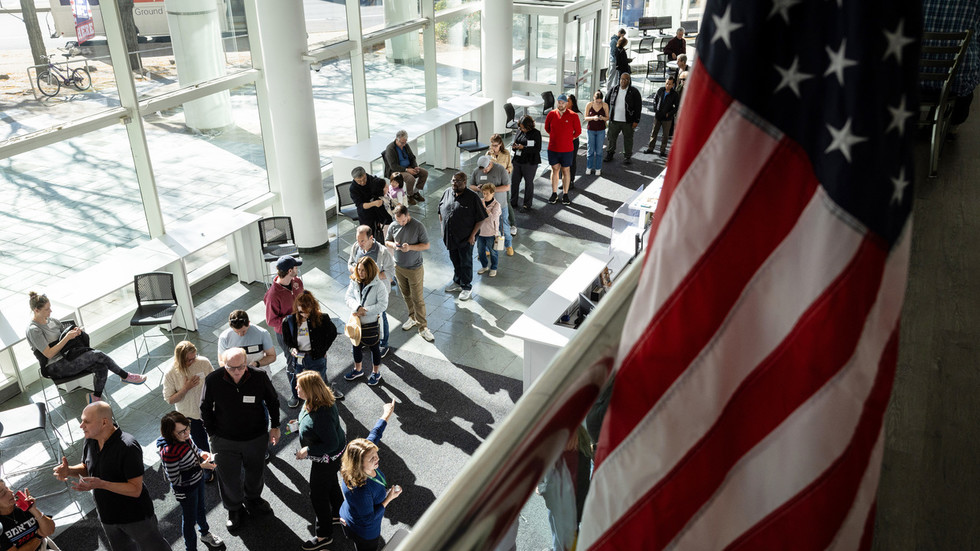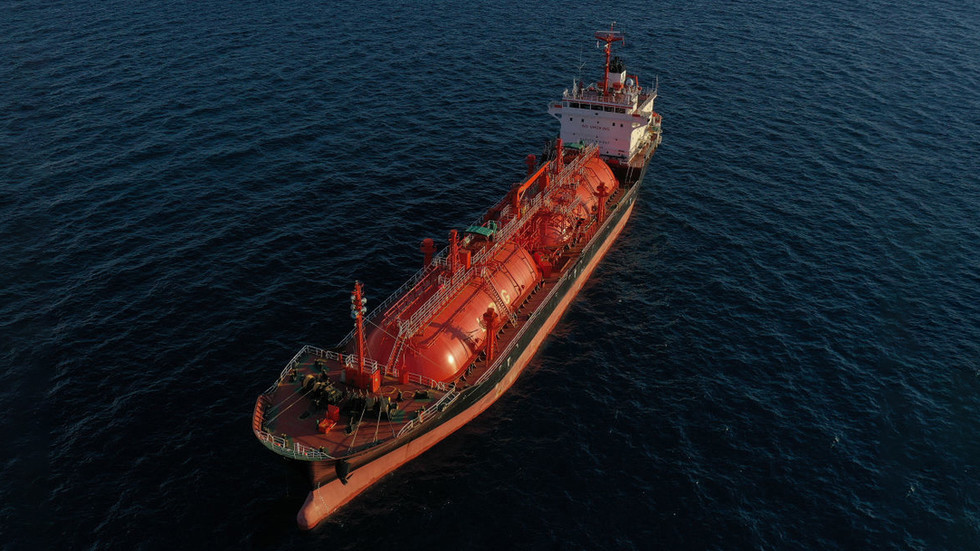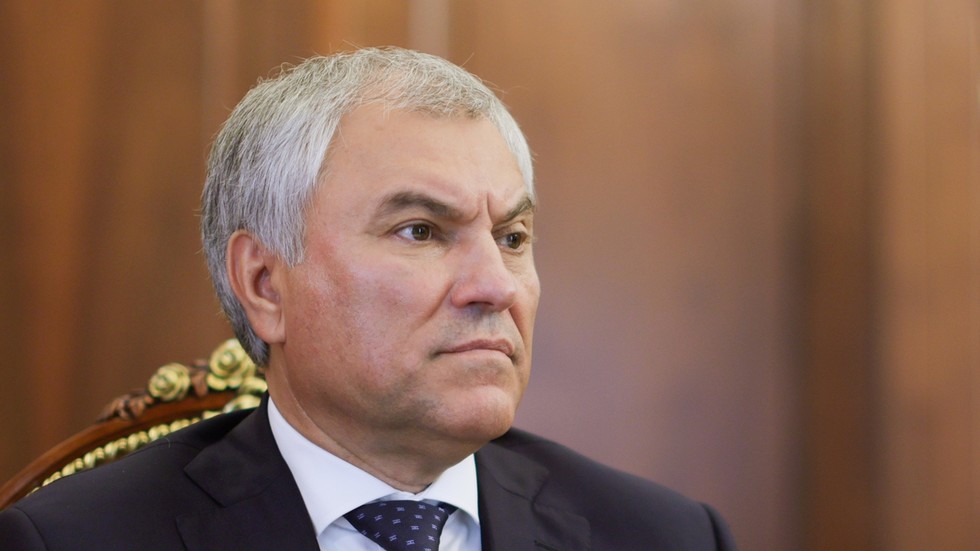“Our main objective is for our country to obtain full sovereignty,” said a pro-independence party leader in the France-controlled Pacific archipelago.
An independence leader in New Caledonia has called on supporters to “remain mobilised” across the French Pacific archipelago.
Christian Tein, who heads the pro-independence party The Field Action Coordination Unit, called for "resistance" to Paris-imposed electoral reforms, which the indigenous Kanak people fear will further marginalise them.
Tein made the comments in a video, posted on social media after he and other pro-independence leaders recently met with French President Emmanuel Macron.
Political unrest has flared up in New Caledonia, with protesters erecting make-shift barricades on roads across the territory.
Seven people have been killed so far amid a trail of destruction.
Macron has repeatedly pushed for the disruptive barricades to be removed, imposing a 12-day state of emergency in the archipelago on 15 May.
'Too much suffering'
In the video message, Tein called on protesters to “slightly loosen the grip” on the barricades in and around the capital Noumea and on the archipelago's main roads in order to transport fuel, food and medicine.
But Tein insisted the barricades would remain in place until French authorities lift house arrest warrants for several of his party members, and Macron's government scraps the electoral reform that Kanaks claim will dilute their influence by allowing some more recent arrivals in the archipelago to vote in local elections.
“We remain mobilised (and) maintain all (forms) of resistance," Tein said, urging supporters to refrain from violence.
“There has been too much suffering, there’s too much at stake and we must see (this) through (and) achieve our goals in a coordinated, structured and organised way.”
“Our main objective is for our country to obtain full sovereignty,” he added.
Independence in New Caledonia is a contested issue.
Three referendums organised by French authorities between 2018 and 2021 produced “no” votes against independence, though the pro-independence camp boycotted the last vote in December 2021.
Macron said another one could be on a new political deal for the archipelago that he hopes local leaders will agree on in the coming weeks and months.
That's only if protesters’ barricades are dismantled, allowing for a state of emergency to be lifted and for peace to return.
New Caledonia became French in 1853 under Emperor Napoleon III, Napoleon’s nephew and heir. It became an overseas territory after World War II, with French citizenship granted to all Kanaks in 1957.

 5 months ago
30
5 months ago
30








